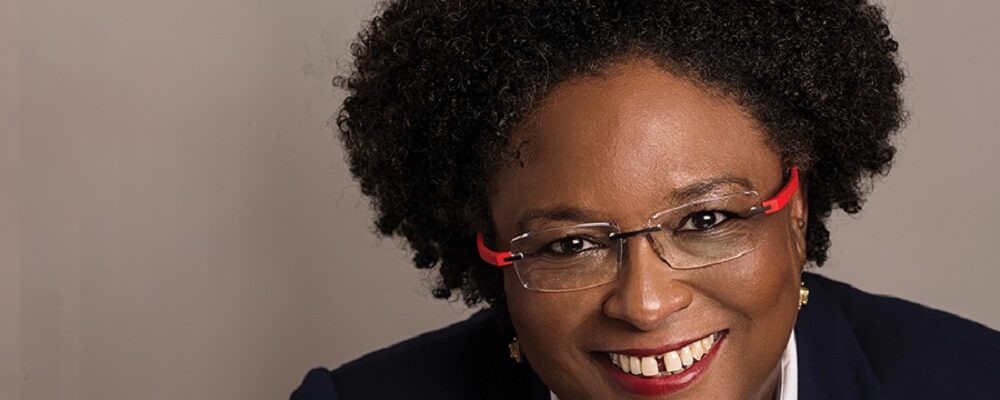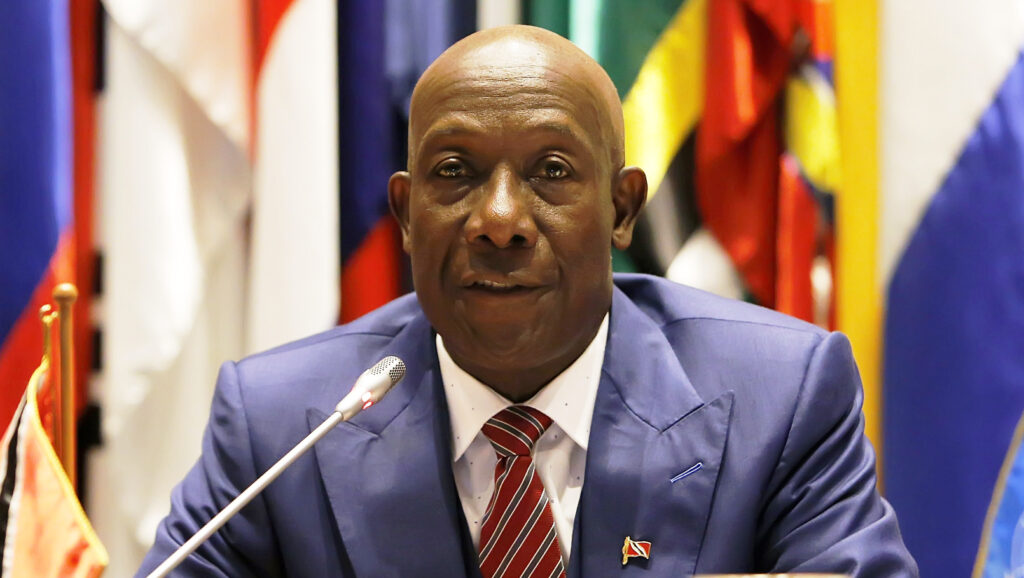

Cases of COVID-19 are on the rise in the Caribbean. As of February 17, there were 510,088 persons infected with the virus across the region.
There are calls for a more regional approach to be taken to combat the scourge of the coronavirus and insulate populations, with the charge being led by CARICOM.
At this point in time there is more of a country-specific approach to vaccination with some Caribbean countries doing better than others.
Barbados has been a shining example of how a Caribbean country can come to the aid of its neighbours in a time of crisis.
On February 9, India’s gift of 100,000 COVID-19 vaccines arrived in Barbados.

Barbados Prime Minister Mia Mottley said: “I want to thank Prime Minister [Narendra] Modi for his quick, decisive and magnanimous action in allowing us to be the beneficiary of these vaccines.”
Barbados has a population of 288,000 so this gift of the Oxford-AstraZeneca vaccine from India would go a considerable way to inoculating the people of this Caribbean island.
In a selfless act and in the true spirit of Caribbean solidarity, Mottley shared the gift with neighbour Trinidad & Tobago, donating 2,000 doses of the vaccine to the twin-island republic.

Trinidad’s Minister of Health Terrence Deyalsingh gratefully wrote: “The minister confirms that the 2,000 doses of the AstraZeneca COVID-19 vaccine were in fact a gift given to Trinidad & Tobago from Barbados. This was generously provided from the stock of vaccines that the Government of India provided to Barbados for their use. The minister also offers his deepest gratitude to the people of Barbados for this kind gesture of regional collaboration.”
DISPARATE APPROACH LEAVES CARIBBEAN EXPOSED
To date the Caribbean has taken a disparate approach to the distribution of vaccines with many of the eastern Caribbean states seemingly way ahead of larger countries like Jamaica. Barbados, Grenada, St Vincent and the Cayman Islands are well on the way with their vaccination programme.
The English-speaking Caribbean has a population of around six million, smaller than London and New York. Taken en-bloc it shouldn’t be too difficult to implement a regional exercise, but a state-by-state approach has been favoured. This leaves many countries susceptible to price-gouging, being ignored and considered way down the pecking order.

Speaking on this issue, CARICOM Chairman and Prime Minister of Trinidad and Tobago Dr Keith Rowley said: “Small states such as ours have made, and continue to make, high and huge sacrifices in an endeavour to protect our populations from the worst ravages of the virus. We anxiously anticipate the promised relief and general benefits that an early successful vaccination programme can bring to each of us.
“All we ask as members of the family of nations is that we not be forgotten, ignored or worse, taken advantage of in this business of life or death.”
Yesterday (February 19), the G7 promised to immunise the world’s poorest nations by quickly providing vaccines but the question remains ‘How many doses of vaccines are they willing to share?’
“As there is the understandable rush to receive the vaccine and the inoculation of our various populations, we are more than a little bit concerned that there is or is to be hoarding and price gouging as well as undue preferences in some quarters.”
Keith Rowley, prime minister of Trinidad & Tobago and CARICOM chairman
The leaders of the world’s richest countries said they “would accelerate global vaccine development and deployment and support affordable and equitable access to vaccines.”
The UK is promising to give any surplus vaccines to the UN-backed COVAX of which many Caribbean countries are participating. COVAX has promised to distribute 35.3 million doses in the Americas in the first stage.
“As there is the understandable rush to receive the vaccine and the inoculation of our various populations, we are more than a little bit concerned that there is or is to be hoarding and price gouging as well as undue preferences in some quarters.
“This being so, we at CARICOM recently called on WHO to immediately convene an international convention of the world’s peoples representatives to…explain, assist and commit to a fair sharing of the available vaccine resources for the benefit of all humankind and not just a privilege few,” said Rowley.
READ: CARICOM renews call for COVID vaccine equity amid hoarding by richer nations







Comments